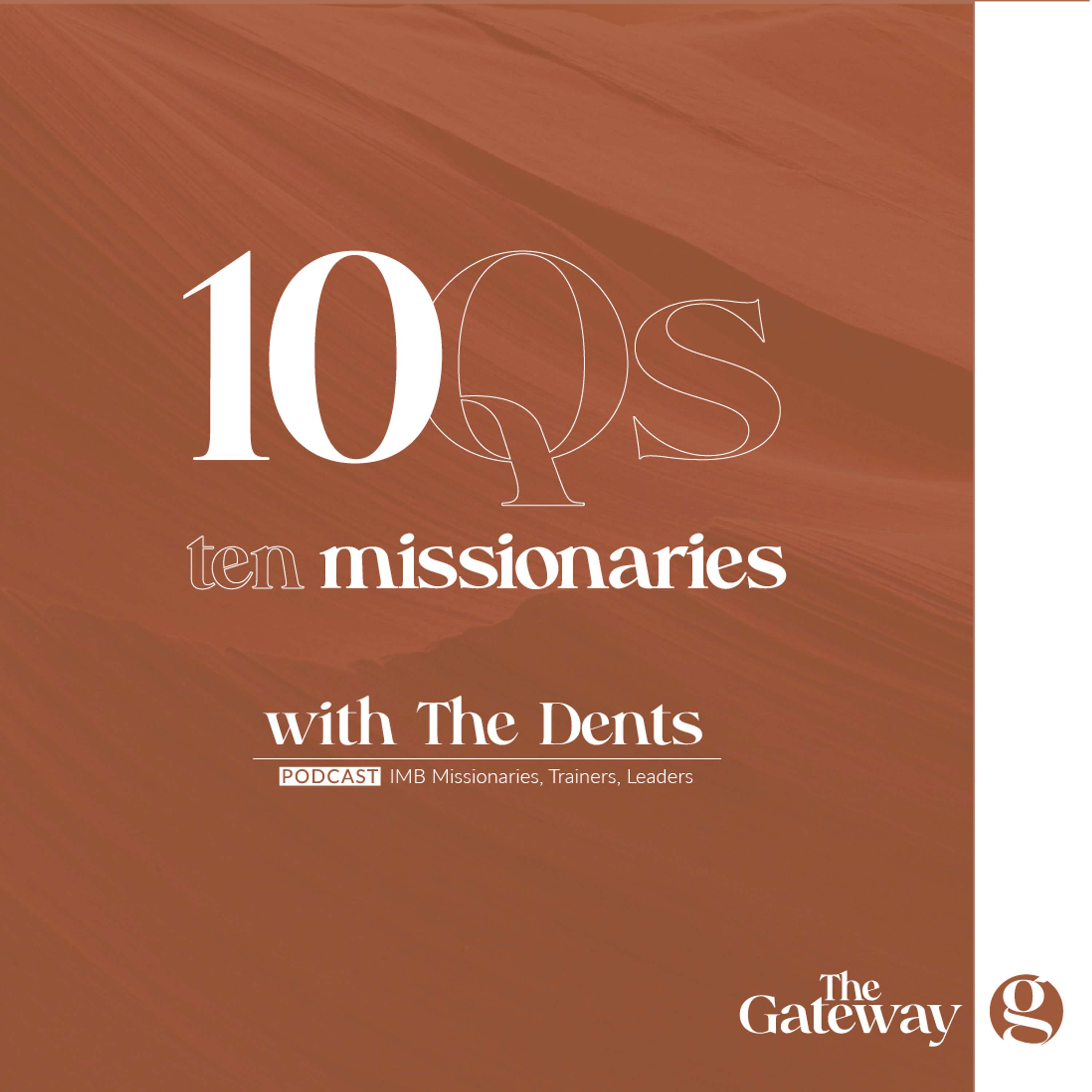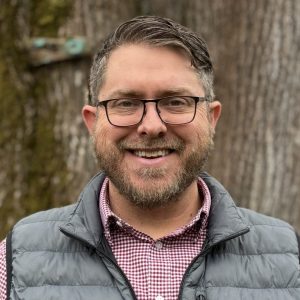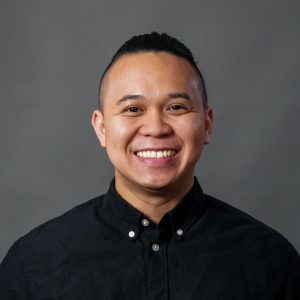Gateway Seminary has been a diverse community for so long we often forget how unique we are in this regard. We started our five-campus graduation cycle this past weekend and our diversity was on full display, reminding me again of the tapestry that is the Gateway family.
The first graduate listed in the program for the first ceremony was biracial (who is also in an interracial marriage). A graduate testimony was by a Russian. An African-American was celebrated for finishing his degree 25 years after taking his first class. I later met his Anglo wife and beautiful biracial daughters. One ceremony required a Karen translator since we now have more than 100 Karen-speaking graduates. The programs of the graduations this past weekend and next include people from the nations of the world, as well as second-generation hyphenated- Americans from multiple ethnicities. All in all, a typical Gateway Seminary event!
Our diversity is more than a by-product of our urban California and Western US ministry settings. It is an intentional choice to create an academic environment and community culture which encourages people to contribute their flavor to our seminary-stew. That choice is reflected in an aspirational value adopted by our Board of Trustees which guides institutional decision-making: “We embrace diversity and confront prejudicial attitudes within the context of our doctrinal confession.”
The qualifier in this statement is significant. We embrace diversity and confront prejudicial attitudes within the context of our doctrinal confession. Embracing diversity, by today’s secular definition, means validating all aspects of another person’s reality—no matter their enculturated behaviors or outcomes. There are two problems with this. First, some aspects of every culture are counter-Christian and must be abandoned when a person becomes a believer. Second, some cultural practices emerge from behaviors prohibited among Christians.
While some schools define diversity as accepting every cultural expression, heritage claim, lifestyle choice, sexual preference, and marriage configuration—we do not. We embrace diversity as it is defined by the Bible and expressed in our theological convictions. The Bible, for example, celebrates racial/cultural diversity and invites people to come to faith in Jesus in the context of who they are and the community they represent. This adds vibrancy to our movement and broadens our appreciation for God’s creative order.
While we celebrate these diversities, we also confront aspects of cultures—including Anglo culture—that are incompatible with Christian faith and life. Embracing diversity means accepting the positive aspects of all cultures, while also rejecting aspects that contradict our Christian commitments. Confronting prejudicial attitudes means we are never satisfied, always trying to get better at understanding and loving one another as believers.
Diversity is a hot topic right now in American culture. In some ways, that’s a positive trend. But defining diversity is essential before determining the extent to which it can be embraced by Christians. We must draw the line where the Bible draws the line. While some schools (like Baylor most prominently and most recently) are embracing and facilitating alternative lifestyles in the name of diversity—Gateway is not.
Diversity matters. Biblical fidelity matters more.
Read More

Comfort Twice Over
When we provide comfort to fellow believers, we are the means by which God has chosen to provide his comfort.

Inheritance & Glory: Our Vocation
For believers, while heaven may seem long away, our eternal inheritance is already available to us in the here and now.
Listen
Brian Borgman
On this episode of The Jonathan Edwards Center Podcast, Dr. Chris Woznicki interviews Dr. Brian Borgman regarding his book, Jonathan Edwards on Genesis. They discuss Edwards as an exegete, as an interpreter of scripture, specifically looking at Genes

The Dents
Tyler sits down with longtime missionaries and retired Gateway faculty, Don and Anne Dent. The Dents served with the IMB for over 30 years and most recently at Gateway Seminary. In this episode, they reflect on their past experiences from working in the mission field

Watch

Jonathan Edwards and the Asbury Revival
Chris Chun and Chris Woznicki discuss the signs of true revival, signs of the work of the Holy Spirit, and why it is important to critically assess the characteristics of revival in a spirit of charity.

Jonathan Edwards and the Baptists | Douglas Sweeney, Nathan Finn and Chris Chun
Dr. Douglas Sweeney and Dr. Nathan Finn joined Dr. Chris Chun for a panel discussion on Jonathan Edwards, recorded live at the SBC Annual Meeting in Anaheim.




